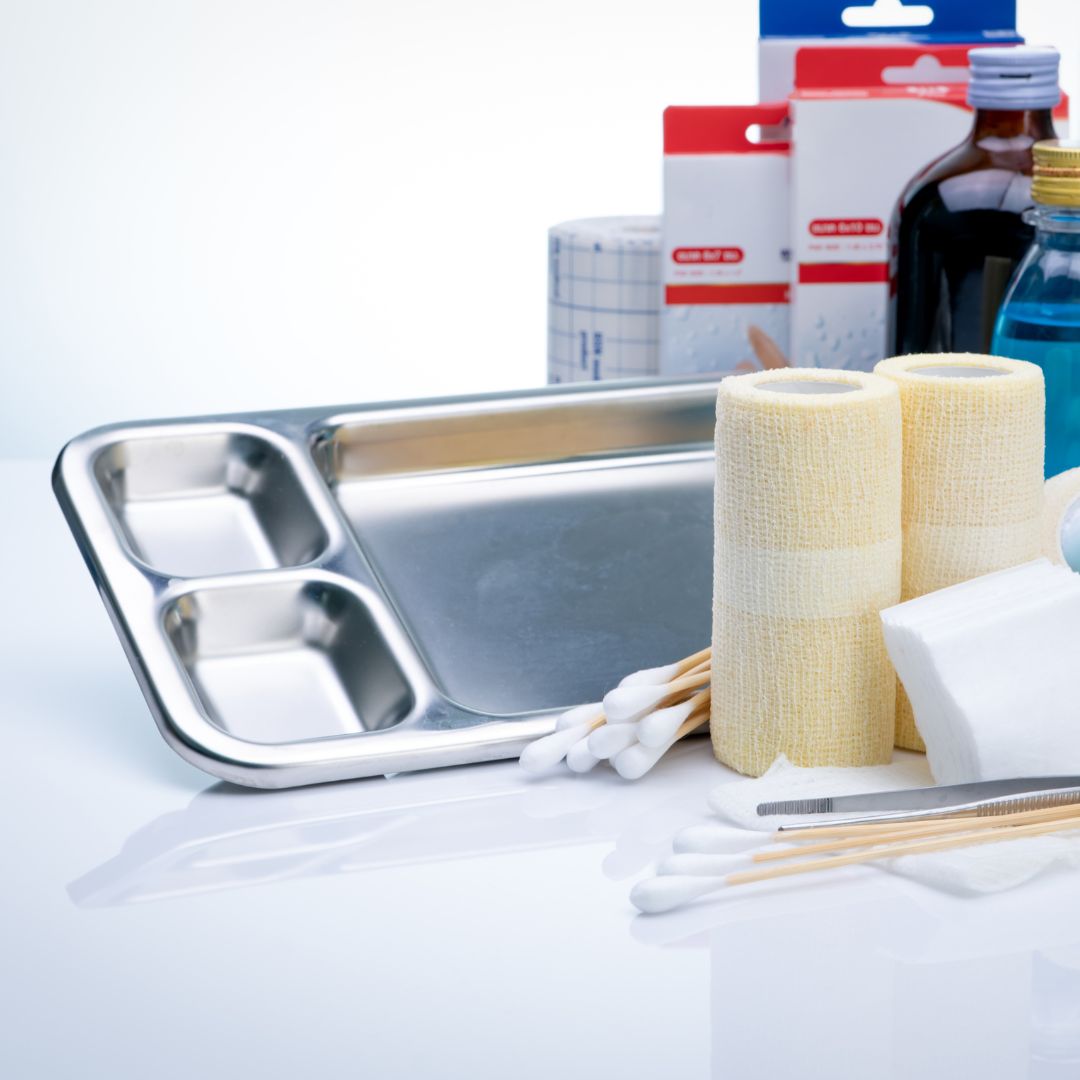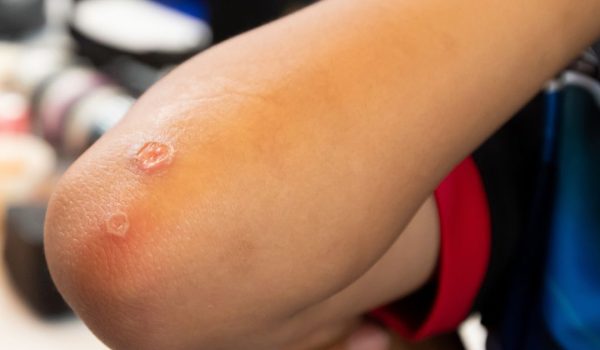Complex Wound Care
- Home
- Community Nursing
- Complex Wound Care
Nurses at Your Door Step
Wound Care
Wound care involves the assessment, cleaning, and protection of a wound to promote optimal healing. This includes choosing the right dressings, keeping the wound clean, and monitoring for signs of infection.
Types of wounds that nurses are skilled and competent to care for:
Acute Wounds
Acute wounds are those that occur suddenly and are expected to heal within a predictable timeframe, typically a few weeks. These wounds are usually the result of trauma or surgical procedures. These include cuts, scrapes, and surgical incisions that typically heal within a few weeks.
Chronic Wounds
Chronic wounds are those that fail to progress through the normal stages of healing within an expected timeframe, usually taking longer than 4-6 weeks to heal. These wounds are often associated with underlying medical conditions. These are wounds that do not heal as expected, such as diabetic ulcers, Pressure Ulcers/ pressure area/ pressure injury (Bedsores), Incontinence Associated Dermatitis (IAD), and venous leg ulcers.
Understanding the difference between acute and chronic wounds is crucial for effective treatment and management. Acute wounds generally require immediate and short-term care, while chronic wounds need ongoing and specialized attention to address underlying conditions and promote healing.

Essential Wound Care Steps
A Registered Nurse who is experienced in wound care generally can assess a wound, generate a care plan and care for it. Wound care specialists are also involved in wound care planning and may assess wound as needed and may direct the Registered Nurse in many different stages of wound healing.
Assessment: Evaluate the wound for size, depth, and signs of infection.
Cleaning: Use sterile saline or mild soap and water to clean the wound. Avoid using hydrogen peroxide or alcohol, as these can damage tissue.
Protection: Apply appropriate dressings to keep the wound moist and protected. This can include gauze, hydrocolloid, or foam dressings.
Monitoring: Check the wound regularly for signs of infection such as increased redness, swelling, or pus.

Common Wound Care Products
Antiseptics, Dressings, Bandages, Topical Antibiotics.
Preventing Wound Infections
Cleanliness, Sterility, Proper Dressing, Nutrition
Advanced Wound Care Treatments
Negative Pressure Wound Therapy (NPWT), Packed dressing, Hyperbaric Oxygen Therapy, Bioengineered Skin Substitutes

When to Seek Professional Help
Seek medical attention if you notice any of the following:
- Increased pain, redness, or swelling
- Pus or foul-smelling discharge
- Fever or chills
The wound does not heal or worsens over time

High Intensity Supports- Pressure care and wound management
A registered nurse should delegate tasks to support workers only if they fall within the support workers’ scope of practice. This includes duties such as reading care plans, repositioning patients to prevent pressure ulcers, keeping dressings clean, and reporting any changes in wounds or skin condition to the nurse. Support workers often assist individuals needing pressure care and wound management. However, the responsibility for wound care typically rests with someone who has nursing qualifications. Support workers perform limited care tasks under the supervision of a healthcare professionals such as Registered Nurse/ Clinical Nurse and must have relevant training, though these tasks generally do not require specialized skills.
As per NDIS commission and safeguards “Support workers may work with people who require assistance with pressure care and wound management. Responsibility for wound care would normally be undertaken by a person with nursing qualifications. Support workers who are responsible for limited care work under direction of a health worker. They require relevant training although this work does not typically require specialist skills.” In this situation Uprety Home Care’s Australian accredited (AHPRA) Registered Nurses provide bedside training and a careplan. Registered Nurses only assess and change wound dressings.
Commonly used line-item number for these supports
Disability Related Health Supports- Nursing Supports
01_606_0114_1_1
- Delivery of Health Supports by a Registered Nurse
- Weekday Daytime Hour $115.21
01_607_0114_1_1
- Delivery of Health Supports by a Registered Nurse
- Weekday Evening Hour $127.10
01_611_0114_1_1
- Delivery of Health Supports by a Registered Nurse
- Weekday Night Hour $129.46
01_608_0114_1_1
- Delivery of Health Supports by a Registered Nurse
- Saturday Hour $164.42
01_609_0114_1_1
- Delivery of Health Supports by a Registered Nurse
- Sunday Hour $189.02
01_610_0114_1_1
- Delivery of Health Supports by a Registered Nurse
- Public Holiday Hour $213.62
01_612_0114_1_1
- Delivery of Health Supports by a Clinical Nurse
- Weekday Daytime Hour $133.27
01_613_0114_1_1
- Delivery of Health Supports by a Clinical Nurse
- Weekday Evening Hour $147.00
01_799_0114_1_1
- Provider Travel
- Non-Labour Costs using support item
15_406_0114_1_3
- Delivery of Health Supports by a Registered Nurse
- Weekday Daytime Hour $115.21
15_407_0114_1_3
- Delivery of Health Supports by a Registered Nurse
- Weekday Evening Hour $127.10
15_411_0114_1_3
- Delivery of Health Supports by a Registered Nurse
- Weekday Night Hour $129.46
15_408_0114_1_3
- Delivery of Health Supports by a Registered Nurse
- Saturday Hour $164.42
5_409_0114_1_3
- Delivery of Health Supports by a Registered Nurse
- Sunday Hour $189.02
15_410_0114_1_3
- Delivery of Health Supports by a Registered Nurse
- Public Holiday Hour $213.62
15_412_0114_1_3
- Delivery of Health Supports by a Clinical Nurse
- Weekday Daytime Hour $133.27
15_413_0114_1_3
- Delivery of Health Supports by a Clinical Nurse
- Weekday Evening Hour $147.00
Message Us
Send Us Message
Information
Contact
- NDIS Number: 4050124966

